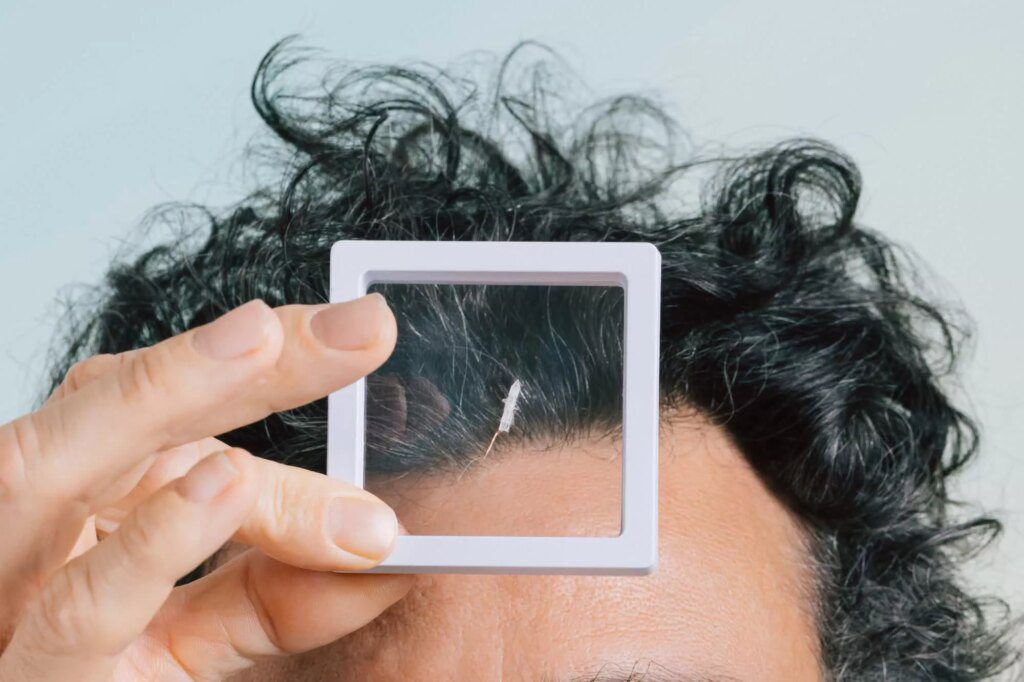Small Wonder: Robeauté’s Micro-Robot Set to Transform Neurosurgery
In a remarkable leap for medical technology, the Paris-based startup Robeauté has raised nearly $28 million to develop its groundbreaking surgical robot, designed to assist neurosurgeons in operating rooms around the world. Founded in 2017, Robeauté’s innovation could redefine how we approach complex brain surgeries, and change the game for patients with conditions like brain tumors.
A Shift from Invasive to Innovative
Traditional surgical tools can be stiff and cumbersome, often causing significant damage to delicate brain tissue. Enter Robeauté’s self-propelled microrobot—tiny, nimble, and about the size of a grain of rice. This miniature marvel is engineered to dive deep into the brain while minimizing trauma, which is vital for preserving healthy tissue during procedures.
The robot’s primary function is to follow precise pathways determined by neurosurgeons, with real-time tracking capabilities ensuring accuracy and reliability. Initially, Robeauté aims to leverage this technology for biopsy tissue sample collection. Looking ahead, the potential applications are vast, including targeted drug delivery or even the insertion of electrodes to manage conditions like Parkinson’s disease.
A Personal Journey into Robotics
The story behind Robeauté is as compelling as its technology. Co-founder Bertrand Duplat, who boasts a rich background in robotics and computer science, shifted his focus from robots creating marvels in extreme conditions—like the ocean floor and radioactive sites—to something more intimate and personal. His mother’s diagnosis of an inoperable brain tumor lit a fire in him.
“It arose from the pain and frustration at the inability to reach any of these meaningful areas of the brain,” Duplat explained. This emotional connection has driven the team to push boundaries in robotics and medical technology.
From Concept to Reality
Creating this microbot wasn’t a straightforward journey. Duplat shared that it took five years of rigorous research and development, collaborating with various labs to assemble the necessary technology components. The process came to fruition when the team successfully conducted trials in animal cadavers in late 2021, progressing to tests in human cadavers and live animals shortly thereafter. Plans to begin human trials could kick off as early as 2026, pending FDA approval.
Neurosurgeons have been vocal supporters of the innovation, recognizing the critical need for such a solution. Co-founder Joana Cartocci noted the medical community’s response has been overwhelmingly positive, highlighting not just the need but also the intellectual challenge inherent in developing such a sophisticated tool.
Conclusion: A New Era for Brain Surgery
Robeauté’s microrobot has the potential to revolutionize neurosurgery by minimizing risk while maximizing precision. As they gear up for future trials and seek regulatory approval, the conversation around this cutting-edge technology will only grow.
The AI Buzz Hub team is excited to see where these breakthroughs take us. Want to stay in the loop on all things AI? Subscribe to our newsletter or share this article with your fellow enthusiasts.




